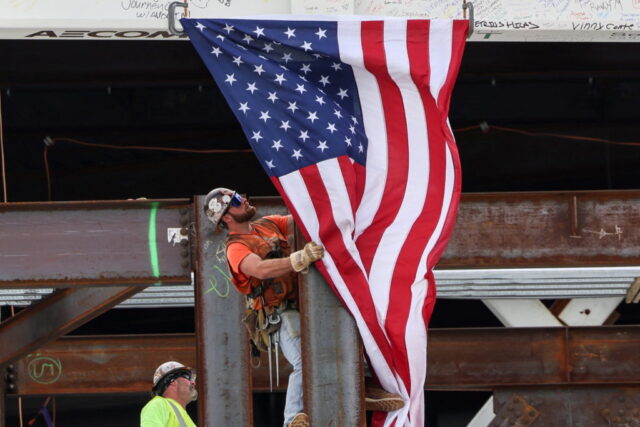Nick Schifrin:
So, Sheila Smith, there has been no official Japanese response to this announcement. But what were the Japanese expecting leading up to this response?
Sheila Smith, Senior Fellow for Japan Studies, Council on Foreign Relations: Well, Nick, I think this is a drama that has been unfolding, as you said, for over a year.
And, initially, I think the Japanese government in particular was quite quiet. They didn’t want to get into the fray, and they understand that it was a presidential election year. But I think as we’re getting — as we got closer to the end of last year, in the last couple of weeks, I think there was an effort to really speak out.
Prime Minister Ishiba said that he hoped that this would go through, this is in the interest of both countries. The vice minister of the Ministry of External Trade and Industry was a little bit more pointed and said this will affect future Japanese companies who are thinking about investing in the United States.
So, I think the politics clearly was on the minds of most Japanese observers. I think it’s also important to recognize that many Americans don’t recognize just how vital foreign direct investment is to the United States, not just from Japan, but from our European friends as well.
Japan is one of the top countries for inbound foreign direct investment. In fact, it was, I think, in 2023 about $783 billion. And so this inward foreign direct investment is largely in the manufacturing sector, and so is very helpful to the American economy.
















































